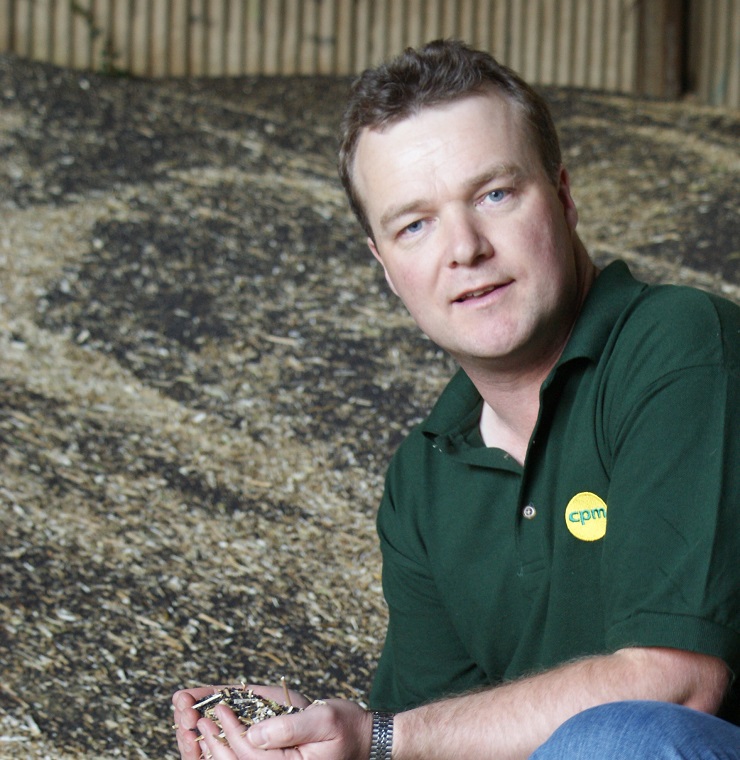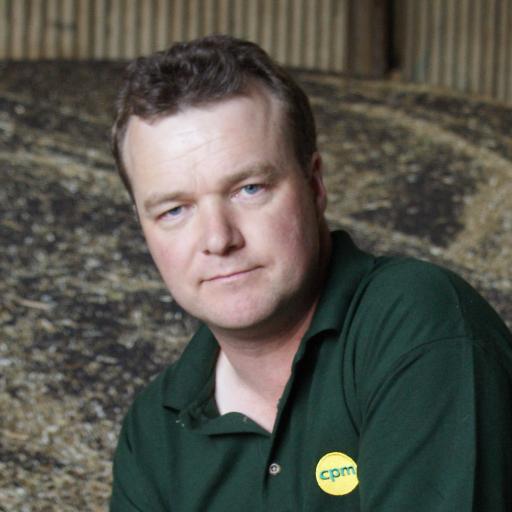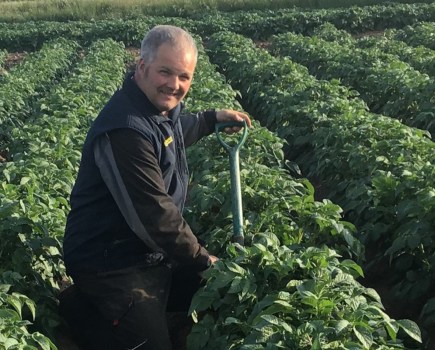
It’s been quite entertaining seeing the politics unravel since Brexit – our politicians are running around trying desperately to behave somewhere in between The West Wing and House of Cards but actually doing a very good impression of The Benny Hill Show.
I’m not going to begin to speculate on developments, because at the pace they’re taking place, by the time you read this it’ll all be old hat and events will have superseded the current debacle – we’ll have probably signed a binding agreement to become a slave nation to China, in some bizarre post-Brexit twist.
But there’s one thing I’m pretty confident about – by the time CPM hits your doormat, there won’t have been a lot of progress on a UK Agricultural Policy (that is, of course, assuming there’s still a UK by the time you read this). Most of the promises made to farmers in the pre-Brexit frenzy will have been completely forgotten about in its aftermath, as politicians have focused on what they do best: thinking about themselves.
We can be pretty sure that, where once our future lay with the CAP and EU trade agreements, there is now a blank sheet of paper, a carte blanche – the “long-term economic plan” Liz Truss droned on about has long gone, if it ever actually existed in the first place.
We can also be sure that, once our politicians cease their navel-gazing and focus instead on running the country, there’ll be so much to organise that farming will be unlikely to get much thought space in the corridors of Whitehall. The most intelligent act they could ever hope to perform would be to request an industry-represented body is tasked with filling in the sheet of paper and coming up with the policies that will see us past 2020, and then interfere in the process as little as possible.
Into this vacuum steps the thought leader. While some may view this period of uncertainty with trepidation, I’d wager this is just the sort of territory in which the CPM reader thrives. In fact, I’d go further – if there’s anyone who should make their mark and set the agenda for British Agriculture, it’s the very people reading these pages. You are the progressive farmers, and where you lead with the decisions you take for your business, others will benefit by following.
That’s how the agenda’s set, the policy’s made and how farming can meet its best future. Not by waiting for out-of-touch, disorientated politicians to spin another vacuous “long-term economic plan”.
In this edition you’ll also find the story on Lincs grower Andrew Ward’s zero-tolerance battle against blackgrass.
What’s interesting about Andrew is that he set himself a task with a target and doggedly pursued it. He’s open to new ideas, but has little time for naysayers and knows how to adapt the information he finds to his own farming needs. Progressive farmers don’t need an Agricultural Policy because the prospect of uncertainty stimulates their innovation and thought leadership. So there’s never been a better time for them to thrive, and if that’s you, stay receptive to inspiring ideas.




